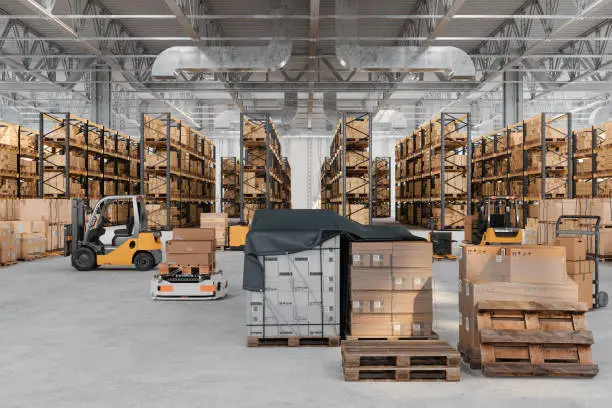Pallets are essential for cargo protection, bulk shipment, and damage reduction. They also promote stock organisation, making them a crucial feature of modern supply chain systems. Through pallet management services, businesses can streamline operations and improve communication systems. This blog explores key factors for effective pallet management.
Establishment of a Detailed Pallet Policy
Formulating a viable pallet policy and communicating it to customers and suppliers is crucial. All parties must understand the terms and conditions to minimize misconceptions and disputes. Align your policy with industry standards to safeguard accountability and integrity, avoiding legislative arguments that may disrupt operations.
Use of Web-Based Software
Utilise web-based software systems to reduce human input and minimise errors. These systems enhance the effectiveness of your operations by generating up-to-date reports and trading partner details which ultimately improve your return on investment.
Understanding Your Supplier’s Invoice
Understanding your supplier’s invoice is essential for accurate payments and identifying irregularities. Recognise different aspects of the invoice, such as the on-hire balance and invoice cost, to detect inconsistent patterns and overpriced equipment.
Creation of Monthly KPI Reports
Monitoring pallet account trends is crucial. Understand issues like account variance, flowthrough ratio (FTR), and exception rates. These factors are relevant to cost control initiatives and indicate the need for staff training and process improvement.
Selecting Your Pallet Controller Carefully
A competent pallet controller is vital for reducing costs and ensuring profitability. They should understand the commercial impact of pallets in the supply chain and possess excellent communication skills. Whether in-house or outsourced, a skilled pallet controller is a major step towards a smooth supply chain and efficient operations.
Pallet Pooling
Pallet pooling, a circular economy concept, involves companies sharing pallets. This strategy reduces procurement, management, and recovery complications, lowering the Total Cost of Business (TCOB) by eliminating the responsibilities of managing a company’s pallet supply.
Auditing Your Processes
Auditing helps identify potential pallet losses and errors. It reveals weaknesses in staff performance and business processes, allowing for corrective measures such as staff training, process improvement, and compliance reporting.
Weekly Reconciliation of Your Invoices
Reconcile your pallet account weekly to safeguard transaction accuracy. Verify expected transfers and investigate unexpected ones. Weekly reconciliation is more manageable and effective than monthly, ensuring efficient operating systems.
Addressing Issues from Their Root System
Set deadlines for weekly and monthly workflows to recover lost pallets promptly. Addressing issues when pallet movements are fresh in mind and documentation is available simplifies the recovery process and reduces future risks.
Summary
Proactive management practices in pallet control are crucial for maximising effectiveness and minimizing expenses. Key practices include:
1. Clearly Defined Policies
2. Automation Technology
3. Understanding Supplier Invoices
4. Monitoring KPIs
5. Selection of Competent Controllers
6. Sustainability Considerations
7. Routine Audits
8. Timely Invoice Reconciliation
For the best pallet solutions in Australia, contact Precise Pallet Management today. PPM provides expert services to maximize pallet recoveries and minimize losses, saving time, effort, and resources.

